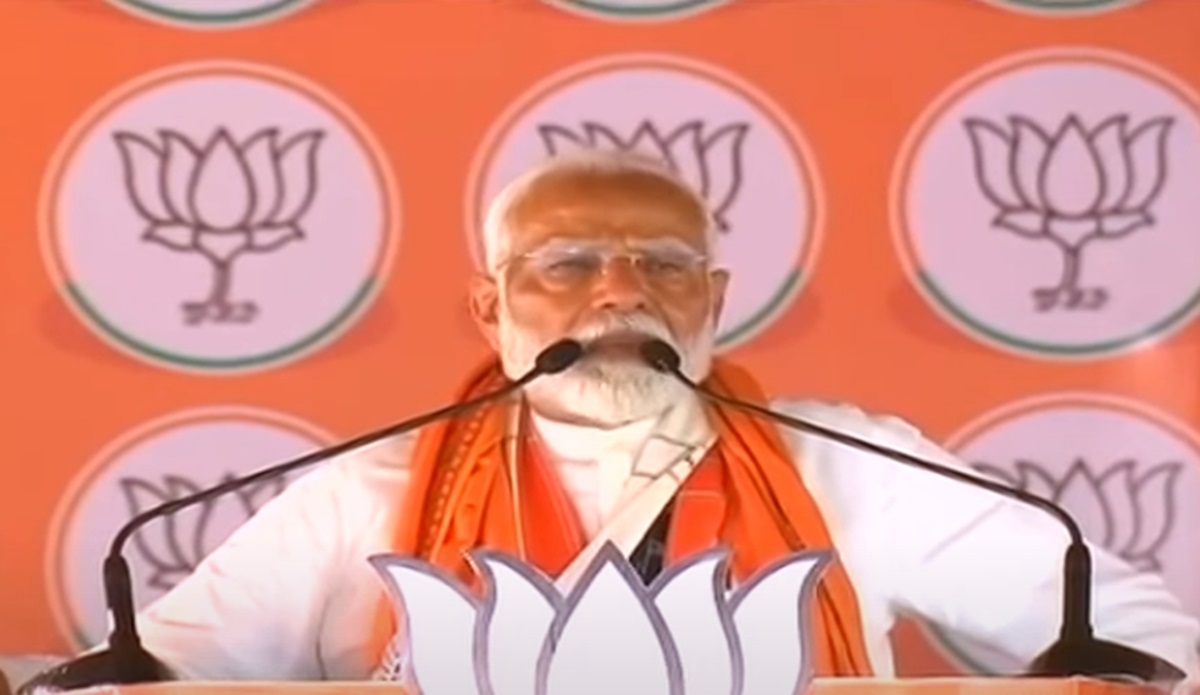
The Narendra Modi-led National Democratic Alliance (NDA) has fallen short of the majority mark in the Rajya Sabha. The retirement of four nominated members—Rakesh Sinha, Ram Shakal, Sonal Mansingh, and Mahesh Jethmalani—has impacted the ruling party’s strength in the upper house of Parliament.
Initially appointed as non-aligned nominees by President Droupadi Murmu on the recommendation of the BJP, these members have now completed their terms. As a result, the BJP’s tally in the Rajya Sabha stands at 86 seats, while the overall strength of the NDA has been reduced to 101 seats. However, the NDA still enjoys the support of seven remaining nominated MPs and an independent member.
Despite falling short of the current majority mark of 113 in the 245-member House, the NDA can potentially secure backing from non-NDA parties. Key allies with four seats, will play a crucial role in determining the government’s stability. Strategic alliances and negotiations will be essential for the NDA to maintain its position in both houses of Parliament.
Potential support from allies
AIADMK (All India Anna Dravida Munnetra Kazhagam): Despite a strained relationship since their split last year, the AIADMK (with four seats) remains a potential ally for the NDA.
YSR Congress Party (YSRCP): With 11 seats, the YSRCP could be crucial in supporting the NDA.
Biju Janata Dal (BJD): Formerly supportive of the BJP, the BJD (with 9 Rajya Sabha MPs) has stated it won’t lend issue-based support now.
Upcoming Elections: The outcome of elections in Jammu, Kashmir, and Telangana will impact the Rajya Sabha balance. If the opposition bloc performs well in J&K, it will benefit the NDA. Additionally, Congress will likely win the Telangana seat, affecting the overall matrix.
Strategic alliances and negotiations will be crucial for the NDA to maintain stability and pass legislation in the upper house of Parliament.

